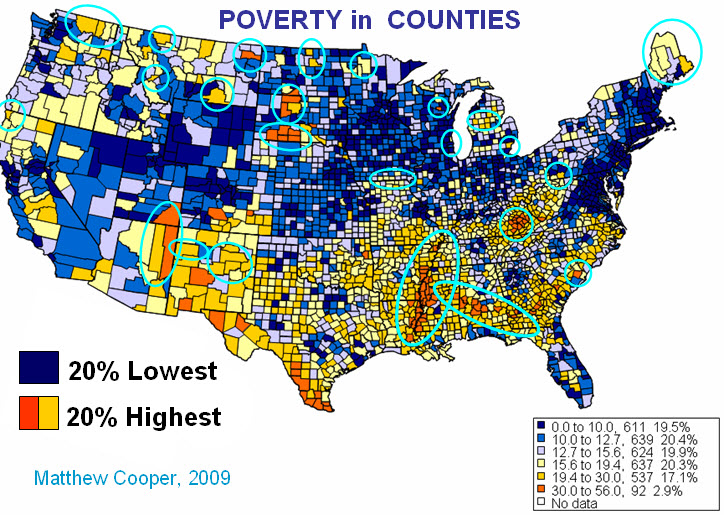Of course though all it takes is a quick use of The Google Machine to learn that there are actual medical uses for birth control that go beyond the sexing. In fact,% of all birth control users use it for now contraceptive uses and in that 14% cohort 95% of those women have never had sex. I am not here to talk about the uses of birth control I am here to talk about why you should support the ACA's mandate that birth control should be covered not from a health perspective (although you should) but from an economic perspective.
.png)
The economic argument is more than clear to me. In fact there are huge economic and educational outcomes tied to access of birth control. The Guttmacher Institute outlines six immediate economic impacts of expanding access to birth control.
- Educational attainment: Legal access to contraception contributed significantly to more young women obtaining at least some college education and to more college-educated women pursuing advanced professional degrees.
- Workforce participation: Historically, the pill was a driving force behind significantly more young women participating in the labor force, including jobs requiring advanced education and training.
- Economic stability: Access to contraception significantly contributed to increasing women's earning power and to decreasing the gender pay gap.
- Union formation and stability: Contraception helped spark a trend toward later marriage, helping women and men to find stable, economically attractive matches; relationships are more likely to dissolve after an unplanned pregnancy or birth than after a planned one.
- Mental health and happiness: Women and men who experience unintended pregnancy and unplanned childbirth are more likely than those who do not to experience depression, anxiety and lower reported levels of happiness.
- Well-being of children: Individuals are particularly likely to start off unprepared to be parents and to develop a poor relationship with their children if the birth of a child is unplanned.
Each one of these factors has untold impacts on the outcomes of not only individuals and families, but on entire communities. Below is a map of all the Planned Parenthood's in the United States.

Here is a map of the United State's counties and their poverty level...

Notice a trend? The counties with the highest level of disproportionate poverty tend to be rural, Southern, and have limited access to a Planned Parenthood which is one of the largest providers of women's contraception in the country. This is not a coincidence. Access to contraception as the Guttermacher Institute pointed out improves women's health, but also improves their educational attainment which in turn improves their earning potential, economic stability, and can lift entire communities out of poverty.
This isn't just a women's health issue this is a societal issue. We as a society have an interest in promoting the idea of widespread contraception access. Research has shown that family planning is financially beneficial to us all. For every dollar we invest as a society into family planning there are significant returns on maternal health and child health. In a country that is struggling with rising health care costs there is something to be said about preventive services.
